“An independent and self-reliant economy does not mean that Laos must produce and manufacture everything itself, but rather aims to reduce dependence through the most effective use of the country's natural resources and other potential sectors.”
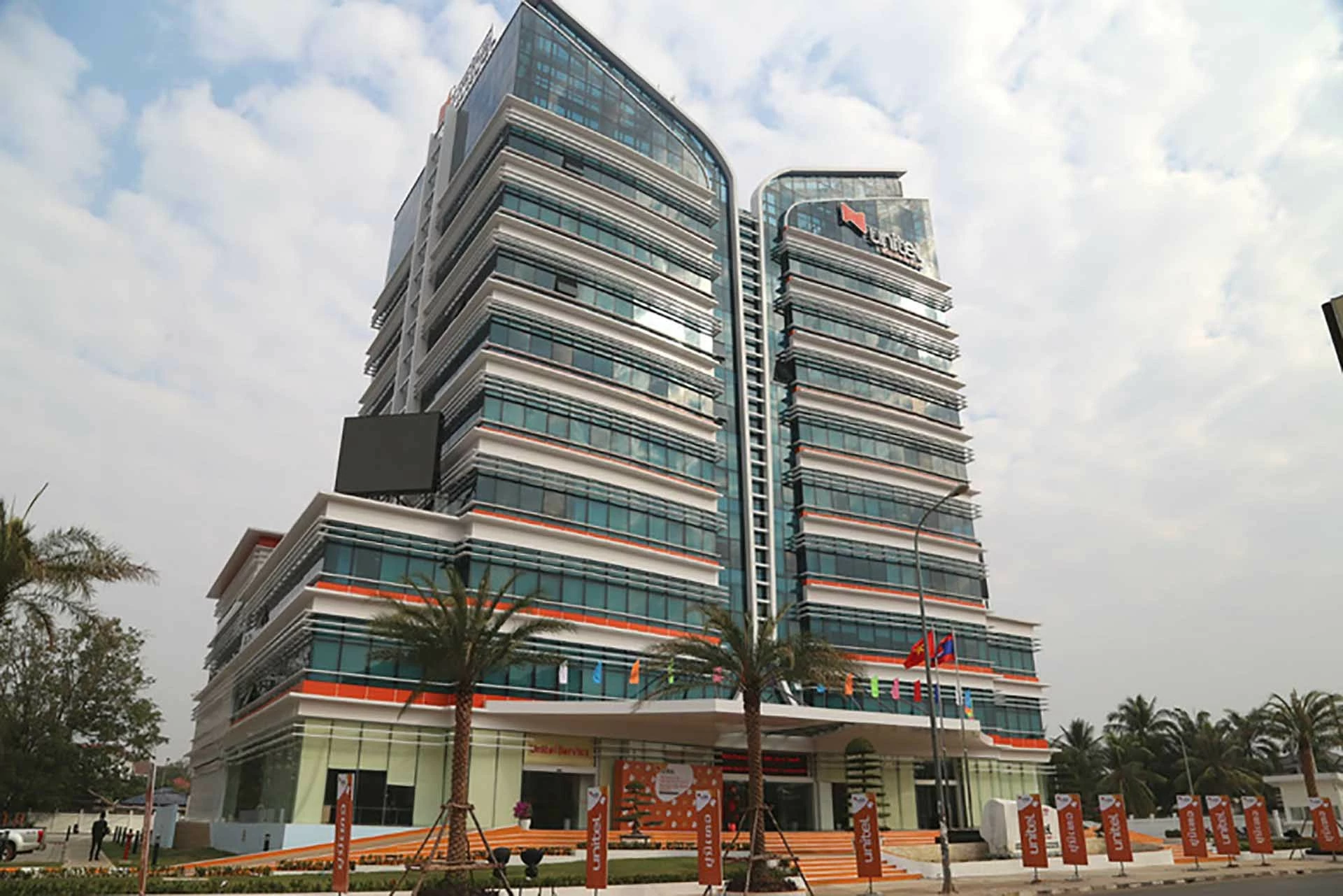 |
| Unitel headquarters - a joint venture mobile network between Viettel and Lao Asia Telecom in the capital Vientiane. (Source: ttdn.vn) |
Lao General Secretary and President Thongloun Sisoulith made the above statement at the National Conference of the Finance Sector in January 2024, in the context of the economy being heavily dependent on external factors, such as imports to serve domestic consumption, and factors that make the economy fragile and vulnerable, when facing external shocks and disruptions.
Towards an independent and self-reliant economy
Reporting on the implementation of the national socio-economic development plan at the 7th session of the 9th Lao National Assembly (June 10), Lao Prime Minister Sonexay Sipandone said that although the regional and international situation has had complicated developments and the Lao economy continues to face difficulties, many opportunities have emerged and remarkable achievements have been made.
As a result, in the first six months of 2024, the Lao economy has shown a better GDP growth trend, reaching 4.7% (about 148,043 billion Kip, equivalent to 6.8 billion USD), down only 0.1% compared to the same period in 2023 and reaching 50.4% of the annual plan. This growth is mainly driven by increased activities in tourism and related services, transportation, wholesale and retail. The expansion of agricultural production, along with contributions from the construction and processing industries, has also had a positive impact on the economy.
Since the beginning of 2024, the Lao government has resolutely implemented the goals in the national agenda to address economic and financial difficulties, such as solutions to curb inflation, exchange rates, commodity prices and foreign debt, etc.
Laos expects GDP growth to reach the target of 4.5% in 2024. At the recent National Conference of the Finance Sector, Mr. Thongloun Sisoulith stated that the government will quickly introduce new policies to create momentum for transformation in the economic system, from the current state of over-dependence towards independence and autonomy, to become more self-reliant. And importantly, how to get more Lao people to participate in this process.
Presenting the concept of an independent and self-reliant Lao economy, the Lao leader asked economists, researchers, scholars and organizations to review, analyze and shape this economic model to better suit the country's circumstances.
Affirming that the Lao economy needs to make greater efforts to integrate with the global economy, the Lao leader also stressed the need to sustainably commercialize and capitalize the country's natural resources and export products to a wider global market.
Considering that simply borrowing or selling bonds to repay debt is inappropriate because this will only increase debt, General Secretary and President Thongloun Sisoulith directed the financial sector to make every effort to ensure effective revenue and expenditure to consolidate the budget and reduce foreign currency risks...
Ready for the digital economy
Analyzing the economic situation in Laos, Professor Phouphet Kyophilavong, Head of the Faculty of Economics and Business Management, National University of Laos, said that external factors affecting Laos include the US Federal Reserve's (Fed) interest rate hike, high oil and food prices, geopolitical conflicts, etc. Therefore, to achieve economic goals, the Lao government needs to develop various policies, especially finding appropriate solutions to economic and financial problems. The trend of increasing investment in the energy sector, especially renewable energy and special economic zones, will help promote the growth of Lao industry. Meanwhile, to support the recovery of the economy, in the short and medium term, the government should focus on foreign exchange issues, increase interest rates, issue more bonds, control money supply, etc.
Meanwhile, in the long term, international analysts commented that the challenge for the Lao economy today is a path of sustainable development, so the goal of "utilizing digital technology and innovation to promote development" proposed by Prime Minister Sonexay Siphandone at the 80th Session of the Economic and Social Commission for Asia and the Pacific in Bangkok (July 2024) is a very interesting choice.
Accordingly, Prime Minister Sonexay Siphandone called for strong action to use digital technology and innovation to accelerate the implementation of the Sustainable Development Goals (SDGs), and asked advanced countries to help the developing world maximize the benefits of digitalization. He said that leveraging digital innovation for sustainable development can help address challenges at the national, regional and global levels.
According to the Vientiane Times , at this international event, the Lao leader said that to take advantage of digital technology in the context of the country, the Lao government has approved the 20-year National Digital Economic Development Vision (2021-2040), the 10-year National Digital Economic Strategy (2021-2030) and the 5-year National Digital Economic Development Plan (2021-2025).
This “digital campaign” is closely linked to Laos’ national socio-economic development plans, aiming to promote socio-economic transformation while promoting sustainable development and balanced green growth. The strategic plan also emphasizes the need for high-quality human resources, modern information technology infrastructure, environmental protection and strong cybersecurity.
To promote the realization of the above strategic plans, Prime Minister Sonexay Siphandone said that Laos is building favorable conditions and facilities domestically by enhancing regional and international cooperation, in parallel with attracting more foreign investment and transferring modern technology, as well as applying emerging scientific and technological achievements, achievements and innovations, with the aim of promoting socio-economic development.
In fact, to develop the digital economy and integrate into the general trend of the world, Lao Minister of Information and Communications Technology Boviengkham Vongdara said that Laos' telecommunications infrastructure, including high-speed Internet services and networks, has covered all major cities and economic zones in the country, ready to serve the development of the digital economy. Of the seven telecommunications and Internet service providers in Laos, the two leading providers, Lao Telecom and Unitel (a joint venture with Vietnam's Viettel), have successfully piloted the 5G system.
As Minister Boviengkham Vongdara said, the Lao government is determined to grow the digital economy from the current level of less than 5% of GDP to 10% of GDP by 2040. In addition to developing and promulgating relevant laws and regulations, Laos attaches importance to training the workforce in this field to meet labor demand and realize the strategic vision of the digital economy.
Source: https://baoquocte.vn/lao-tim-co-hoi-tu-kinh-te-so-286027.html


![[Photo] Military doctors in the epicenter of Myanmar](https://vstatic.vietnam.vn/vietnam/resource/IMAGE/2025/4/6/fccc76d89b12455c86e813ae7564a0af)

![[Photo] Vietnamese rescue team shares the loss with people in Myanmar earthquake area](https://vstatic.vietnam.vn/vietnam/resource/IMAGE/2025/4/6/ae4b9ffa12e14861b77db38293ba1c1d)
![[Photo] Solemn Hung King's Death Anniversary in France](https://vstatic.vietnam.vn/vietnam/resource/IMAGE/2025/4/6/786a6458bc274de5abe24c2ea3587979)
![[Photo] Prime Minister Pham Minh Chinh chairs the regular Government meeting in March](https://vstatic.vietnam.vn/vietnam/resource/IMAGE/2025/4/6/8393ea0517b54f6791237802fe46343b)
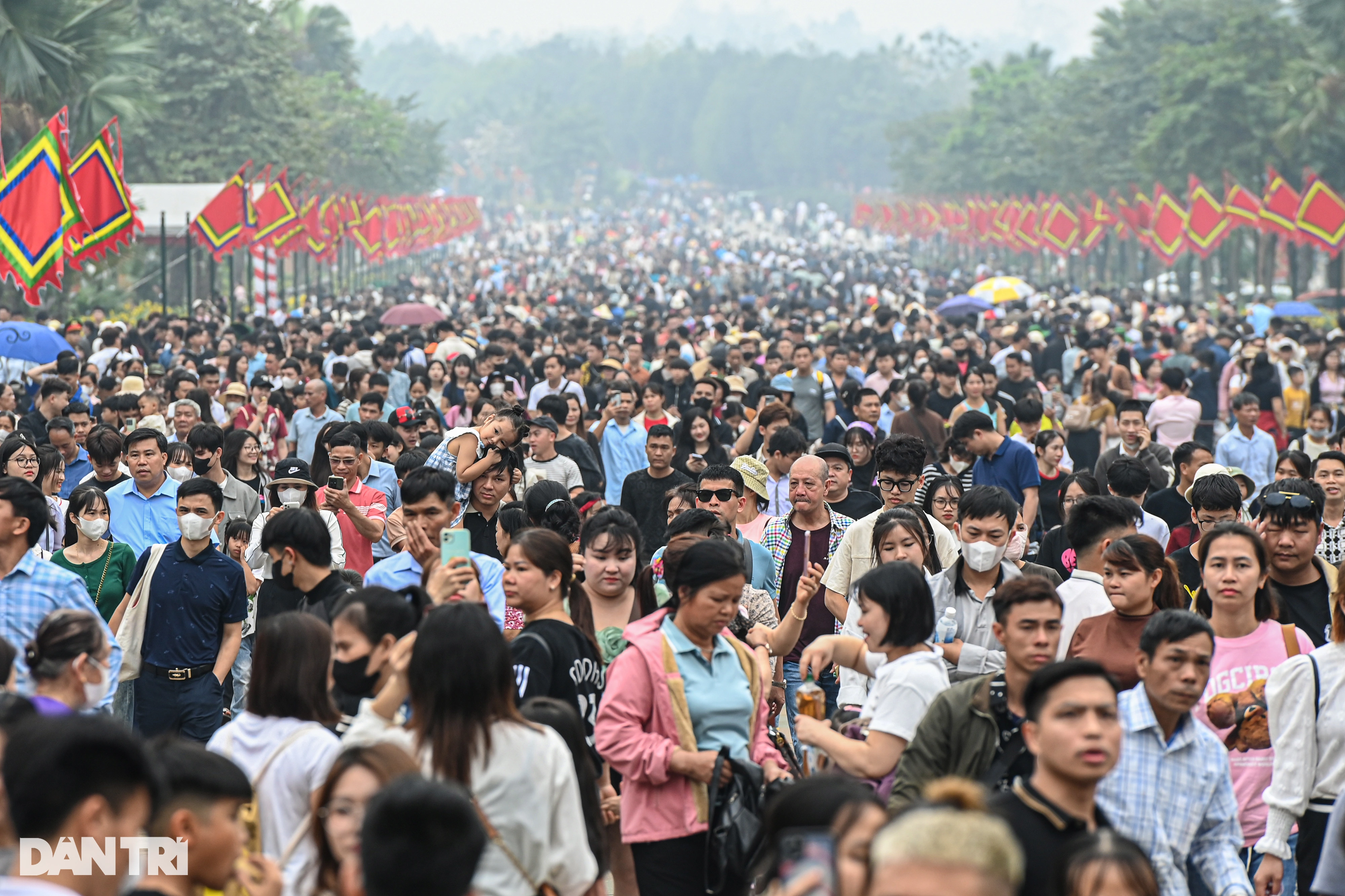
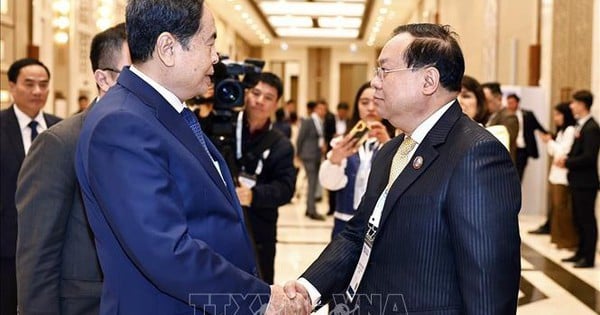

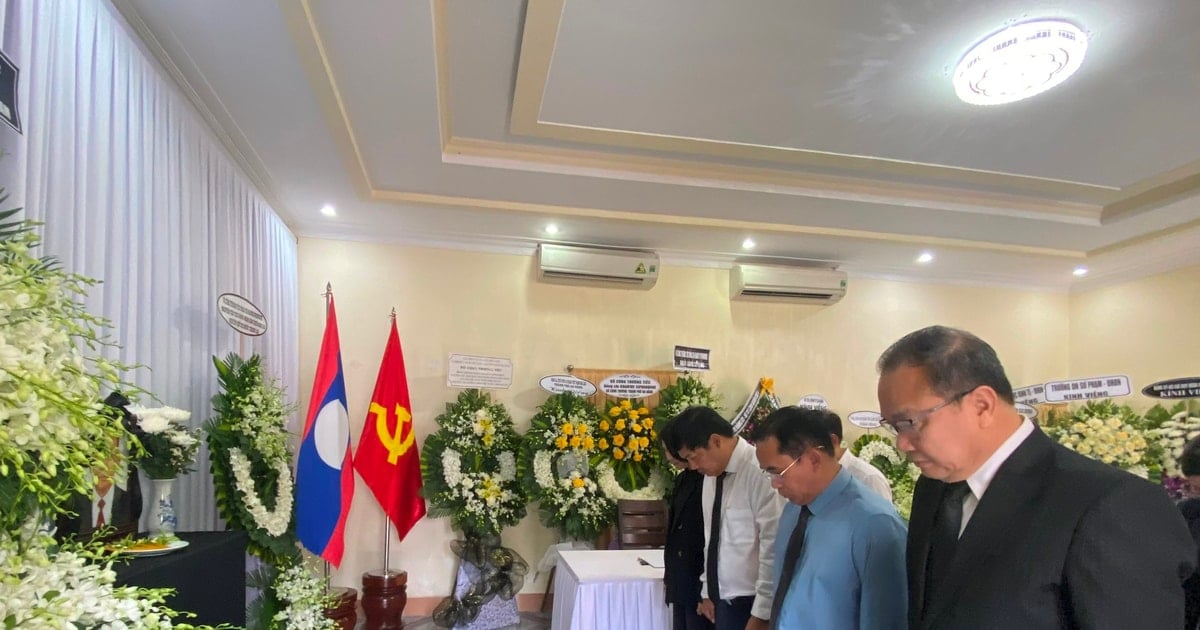

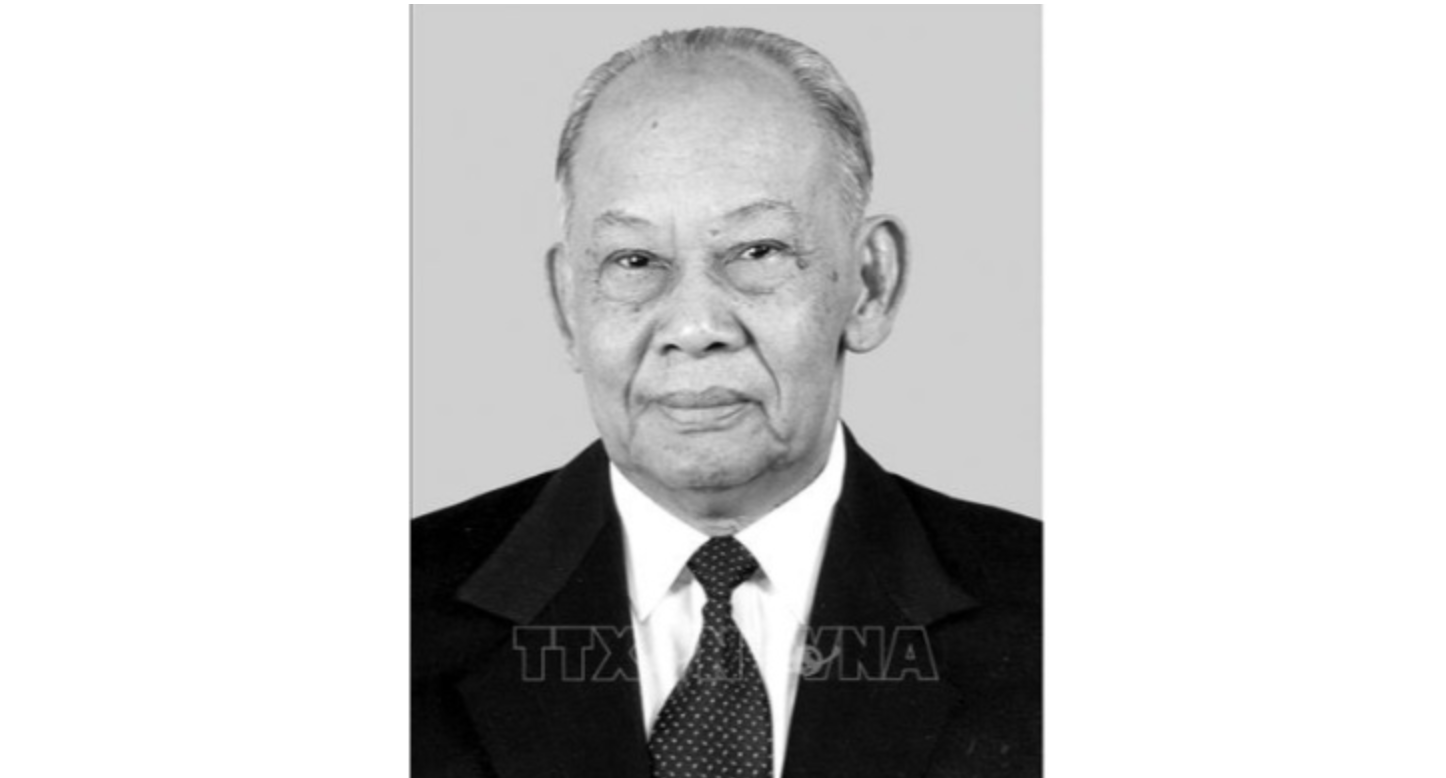

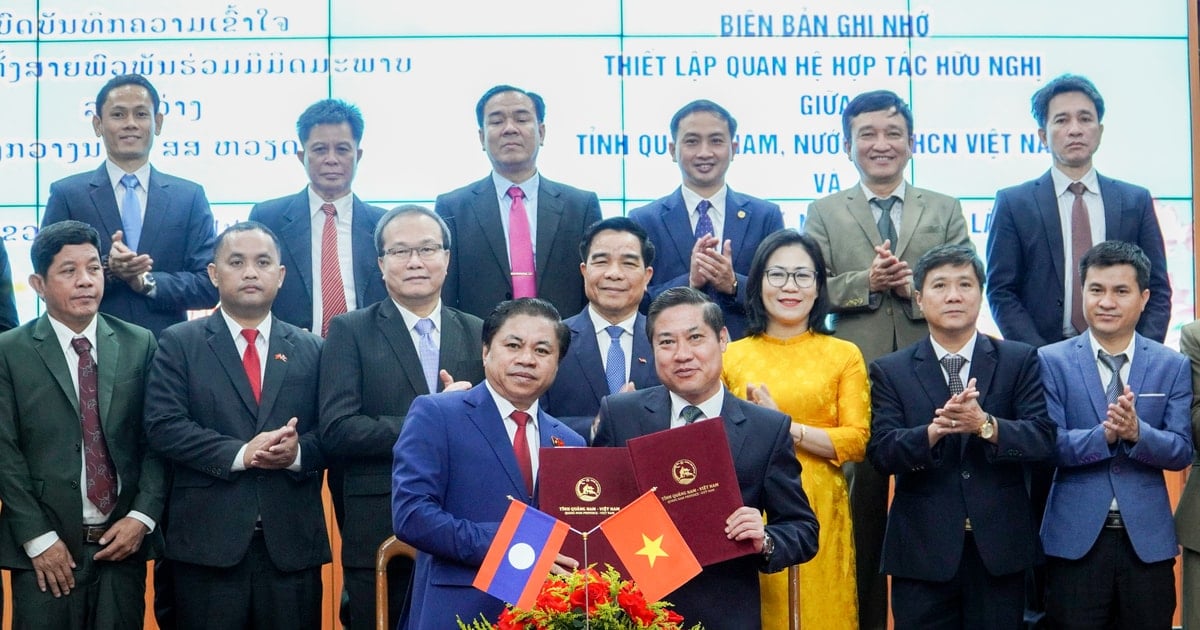
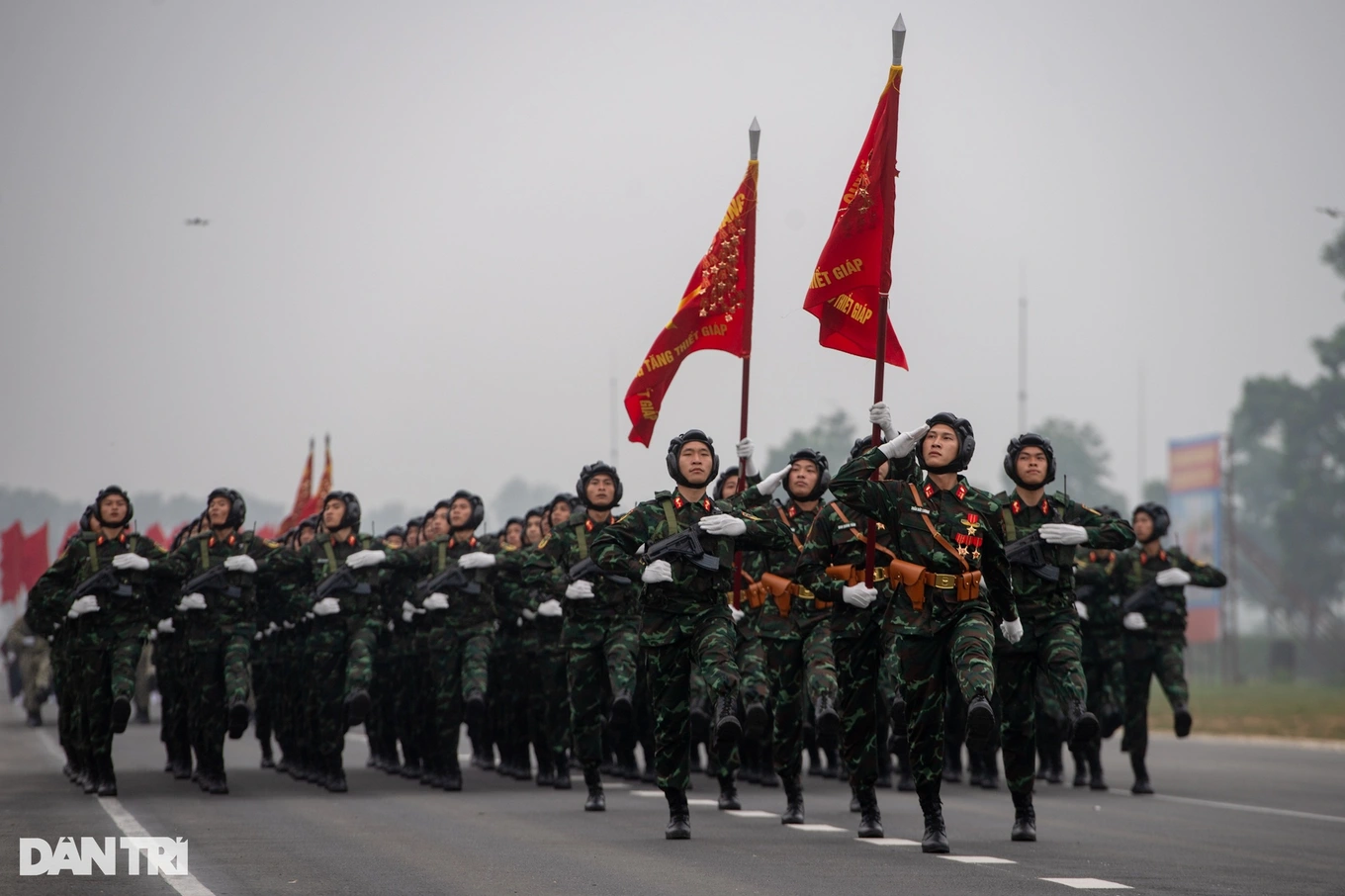

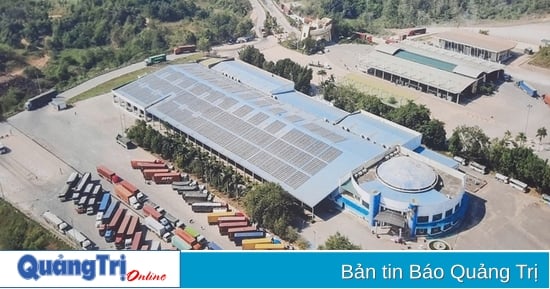
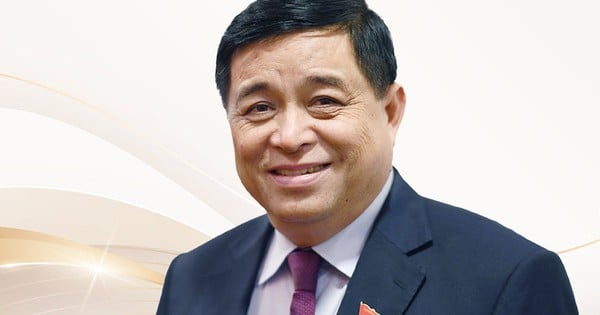
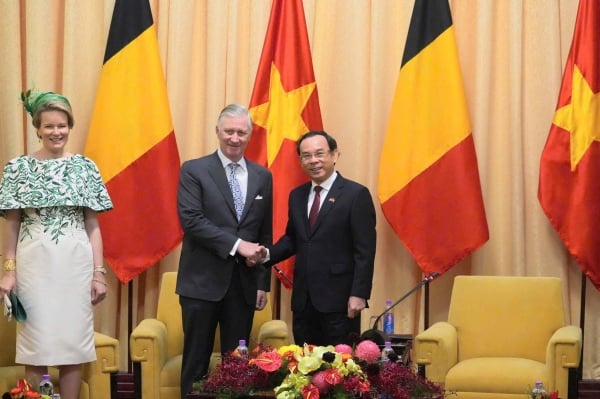
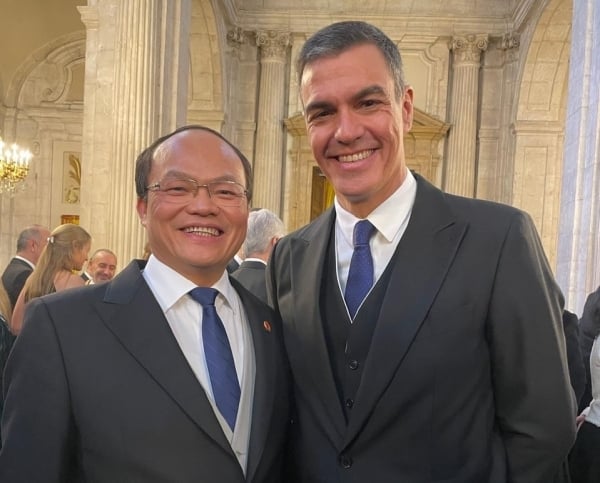
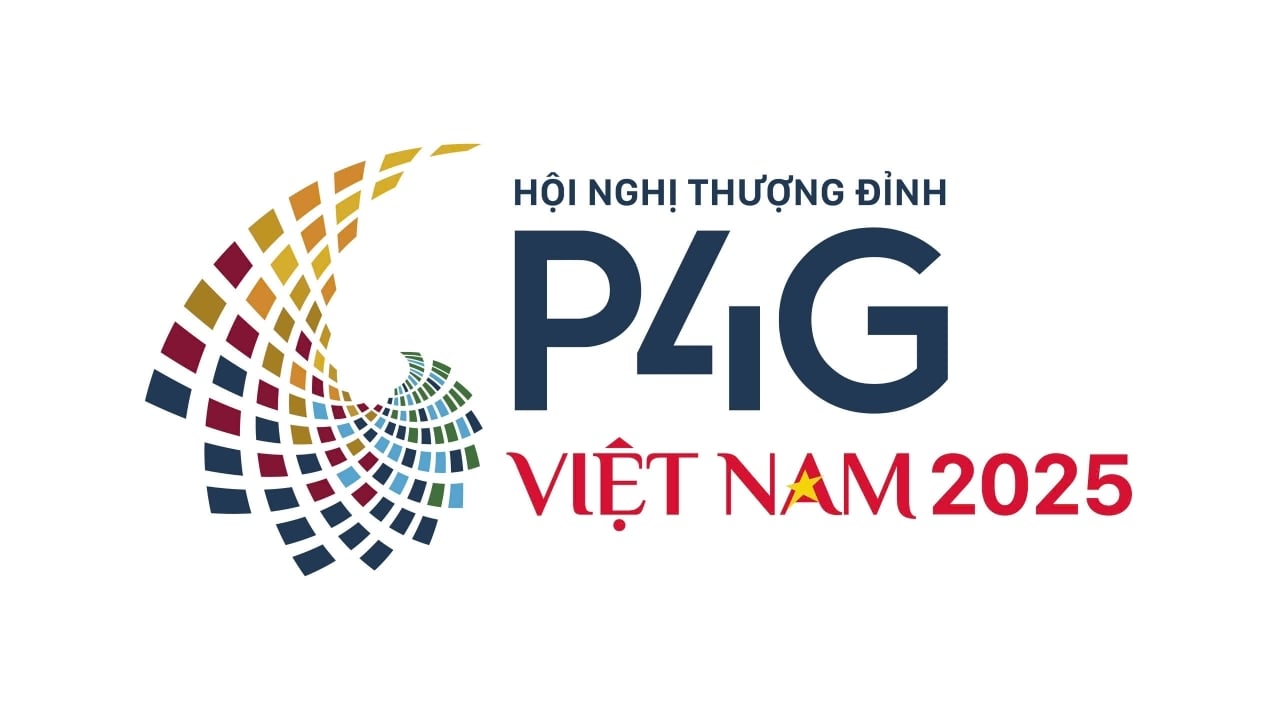
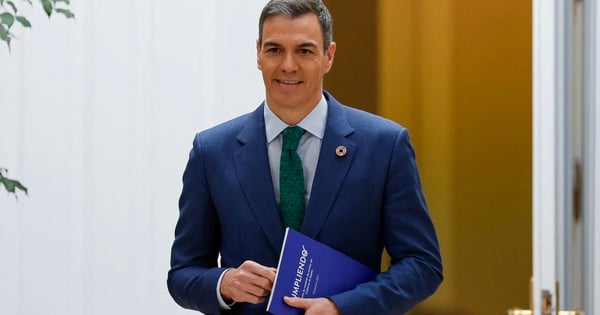
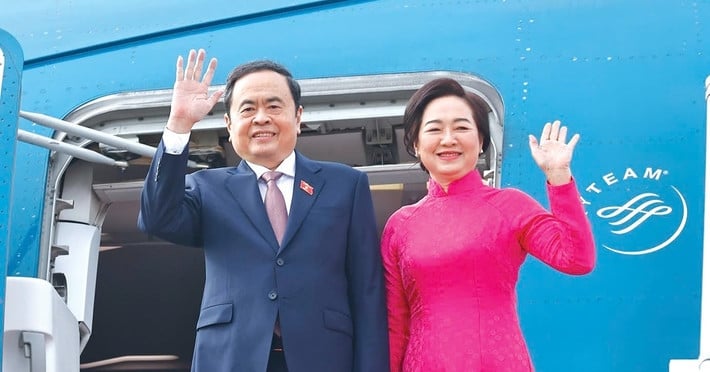

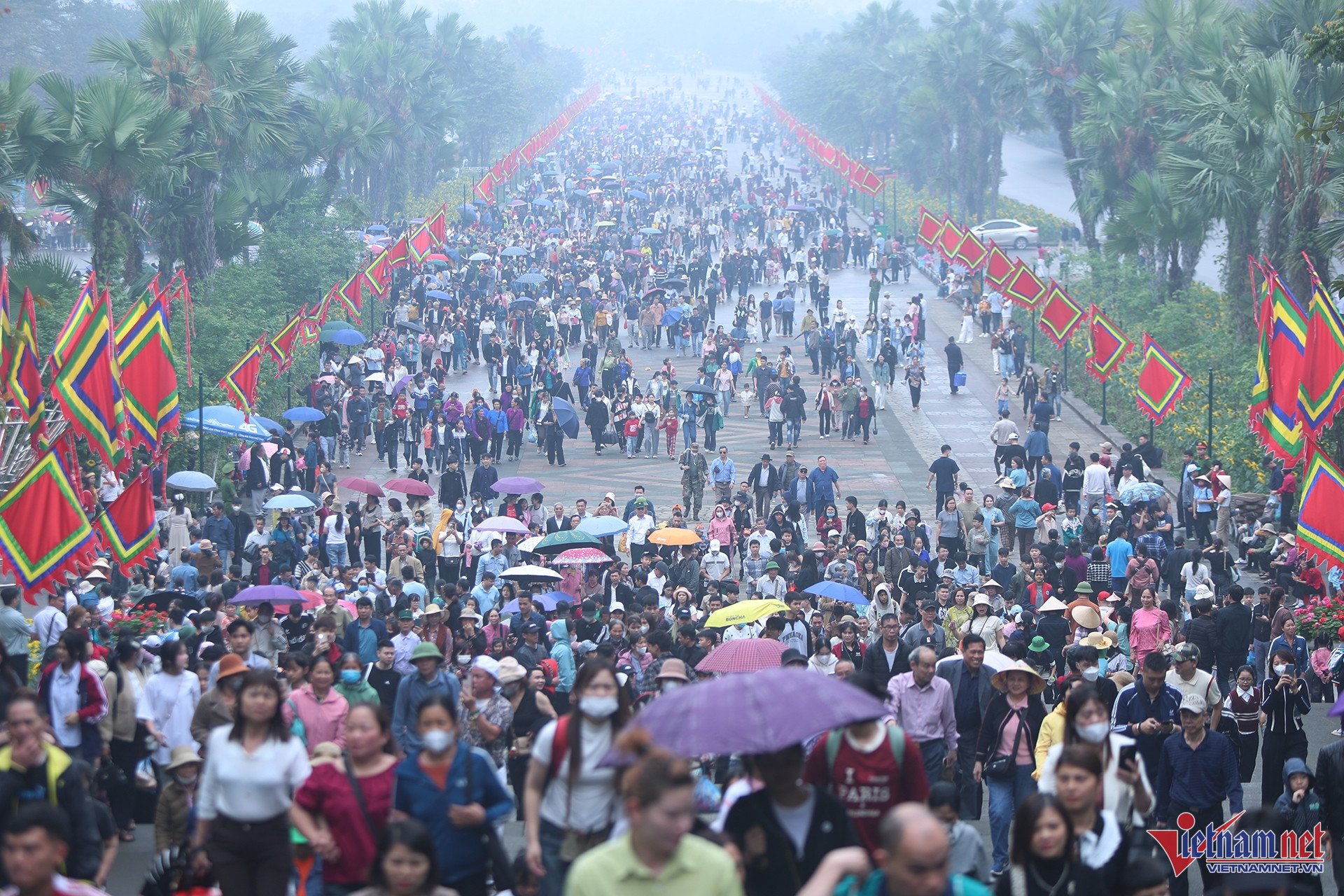
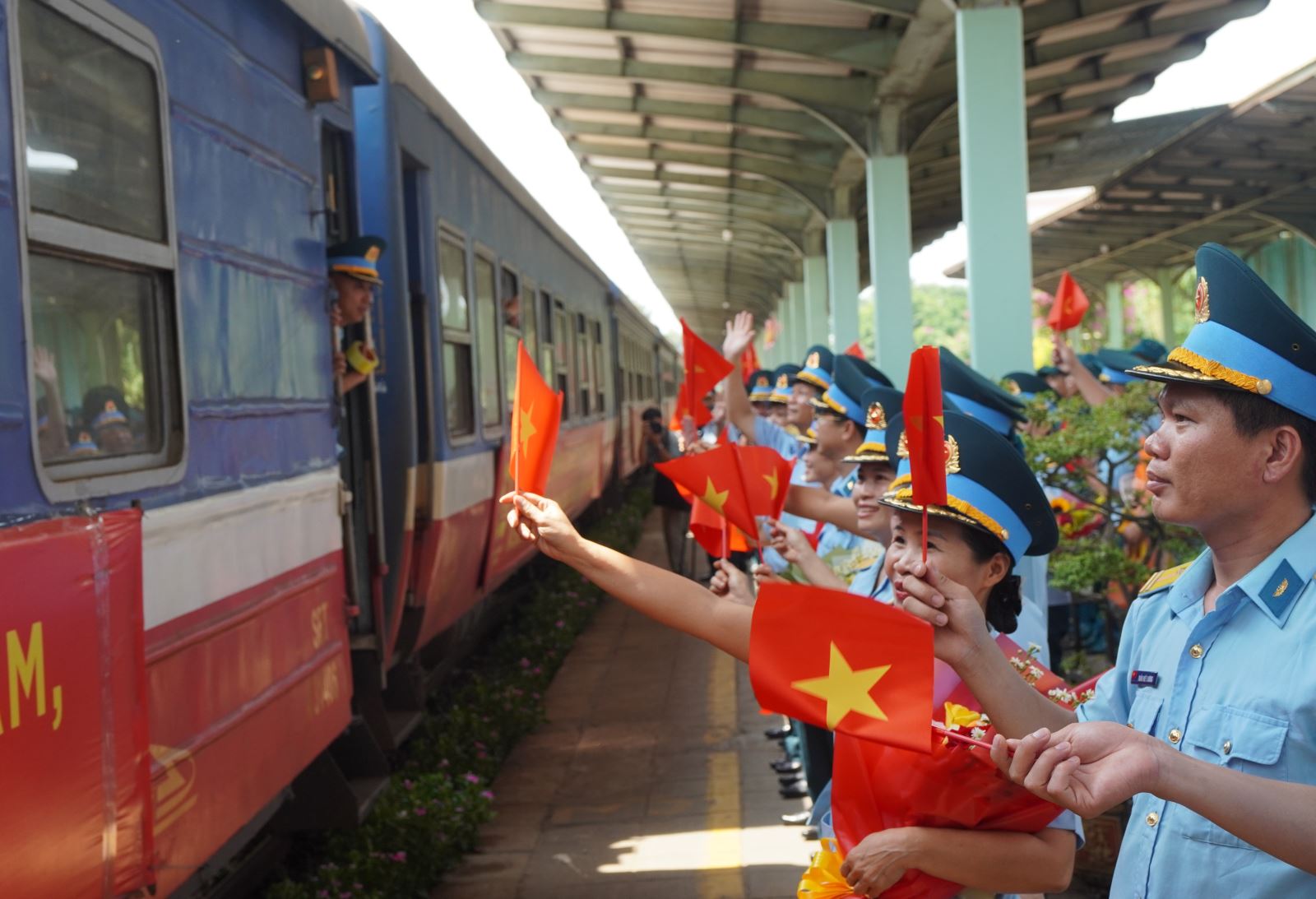

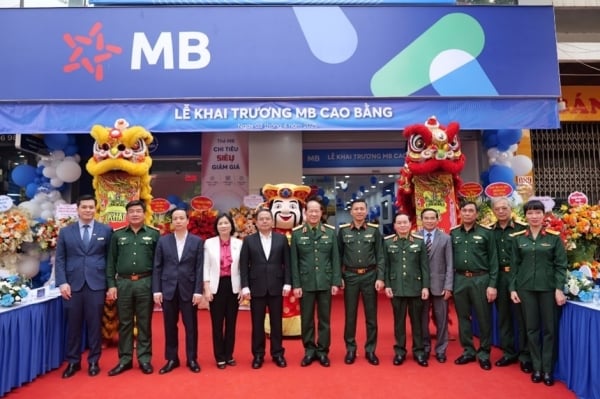
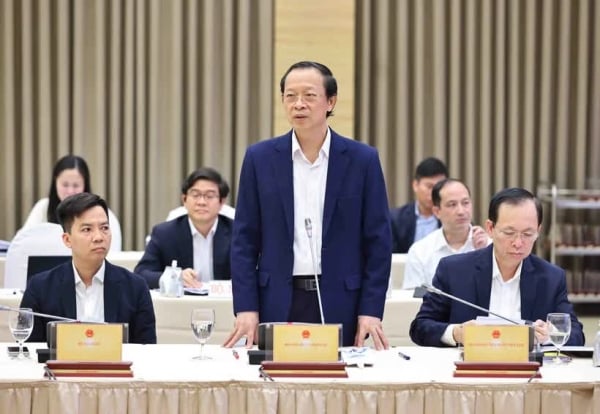
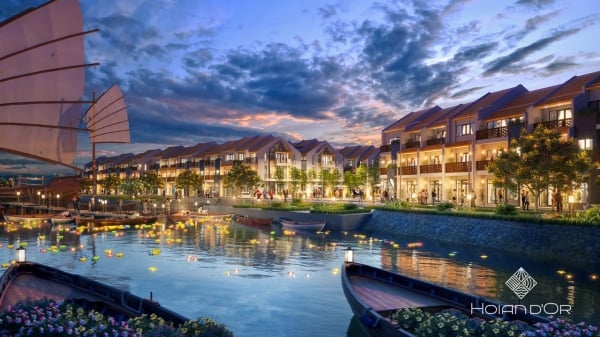



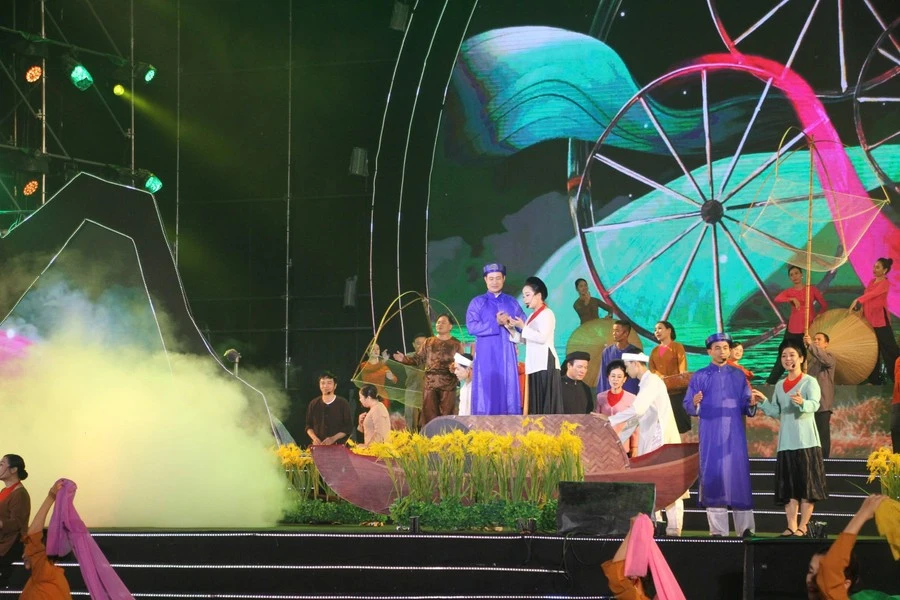

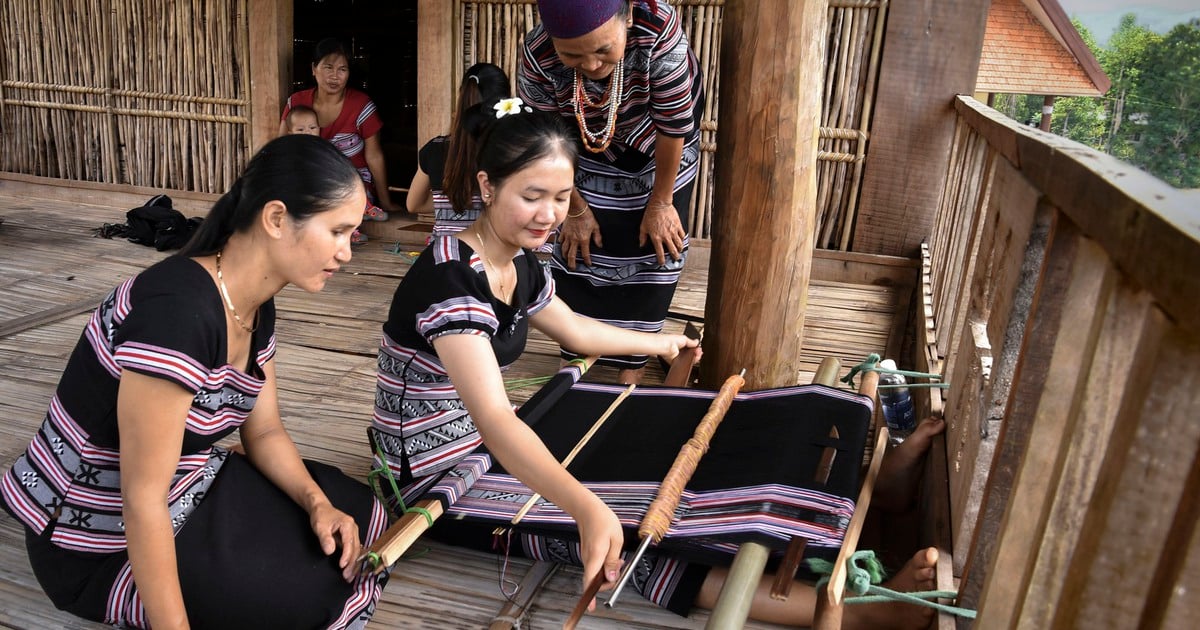



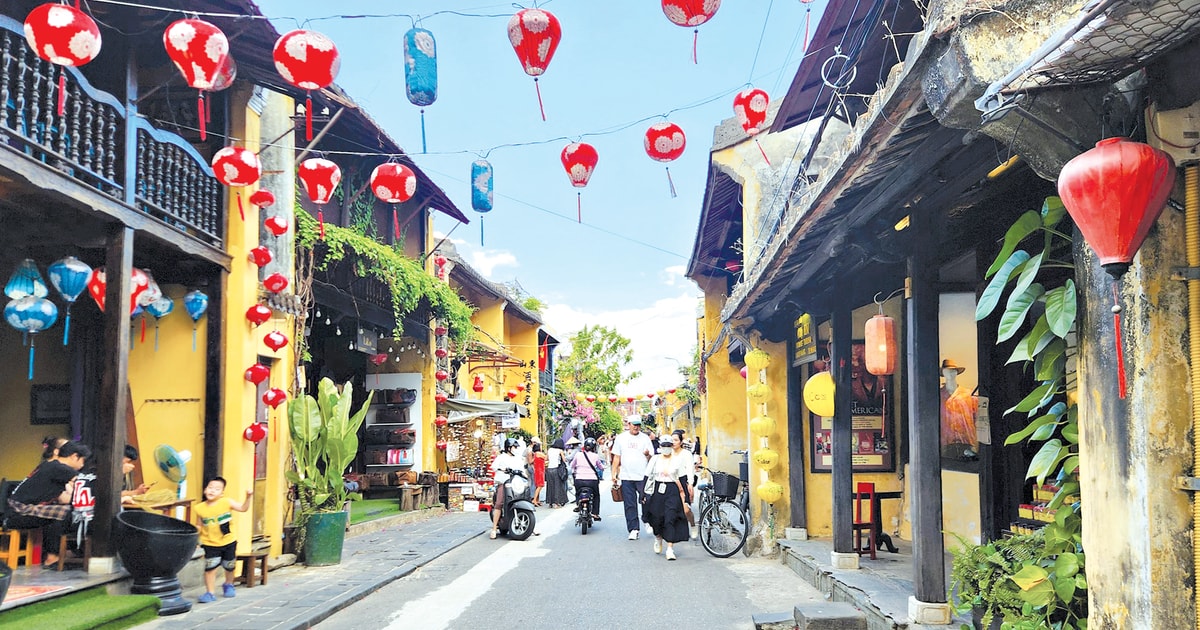

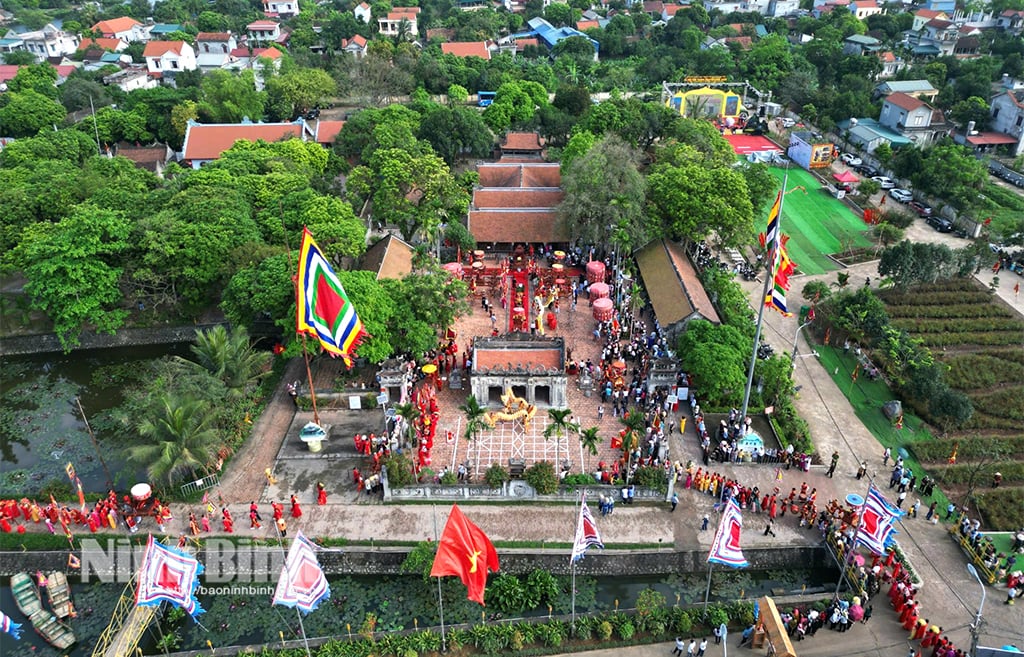

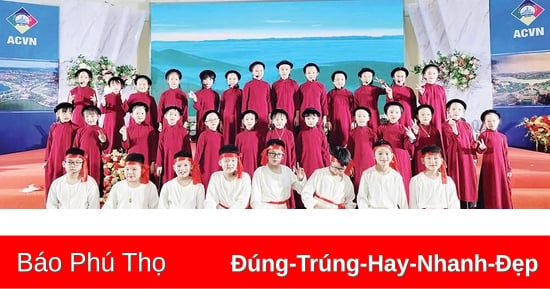

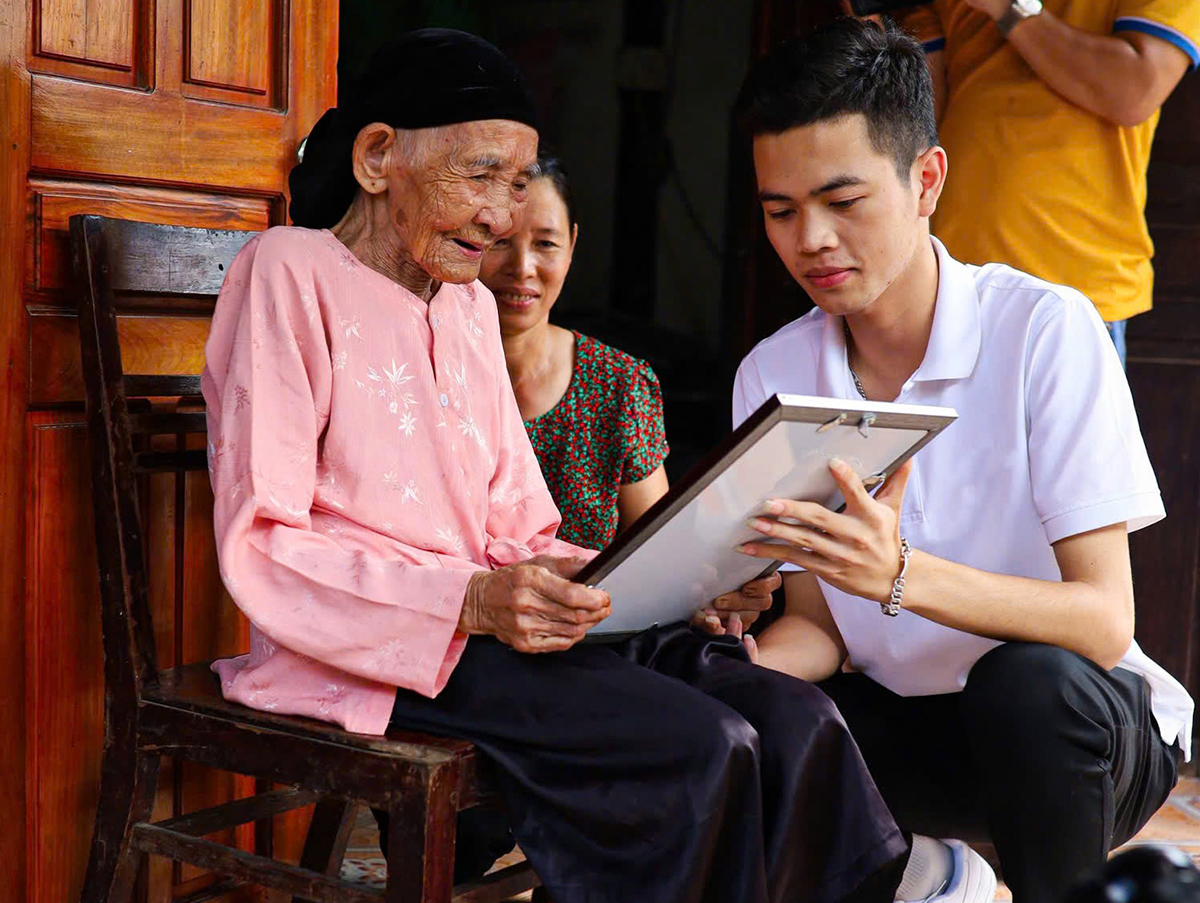






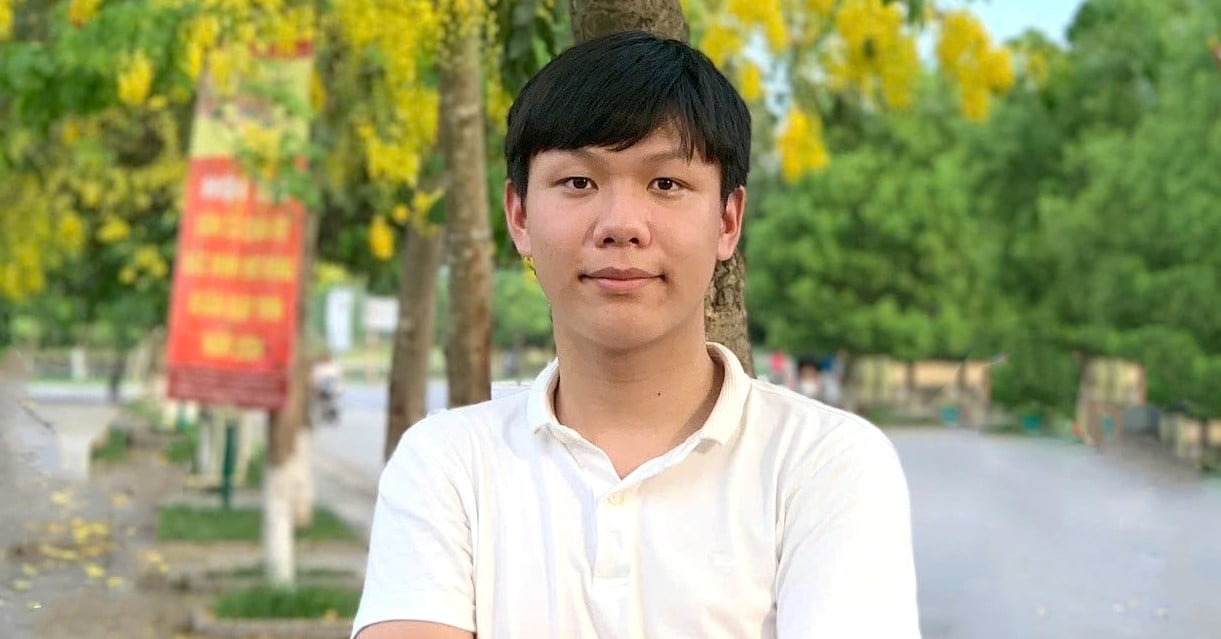



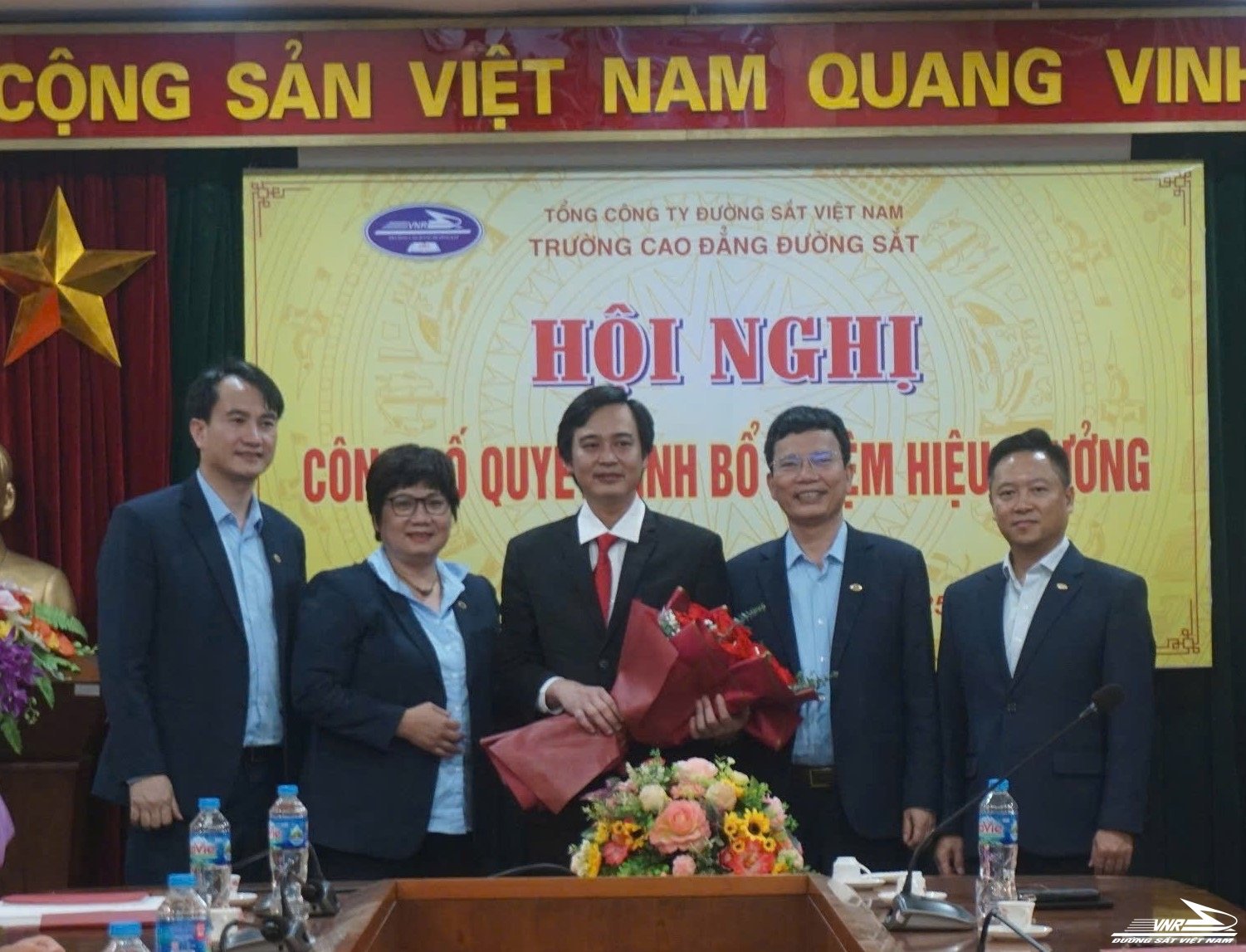
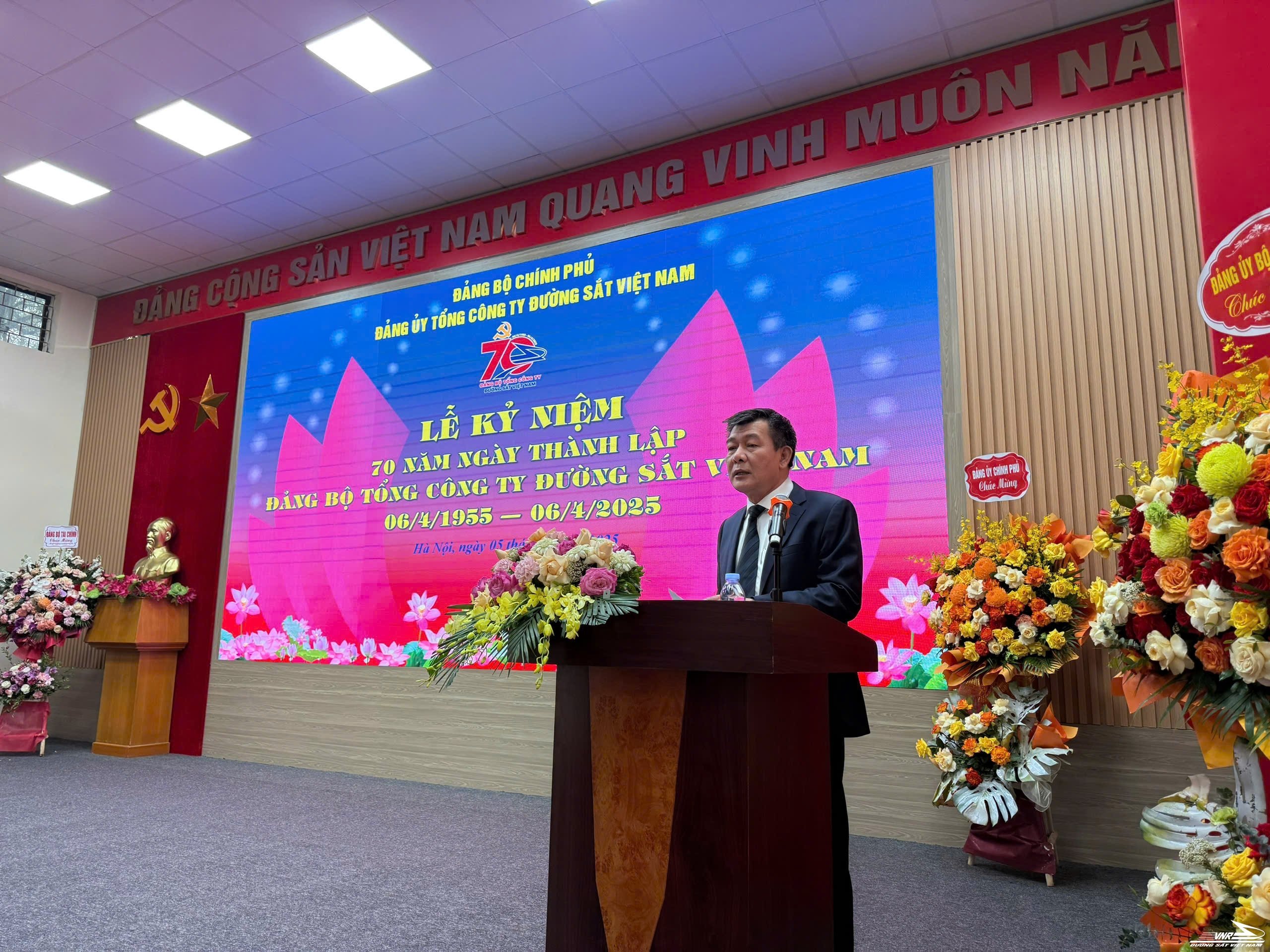
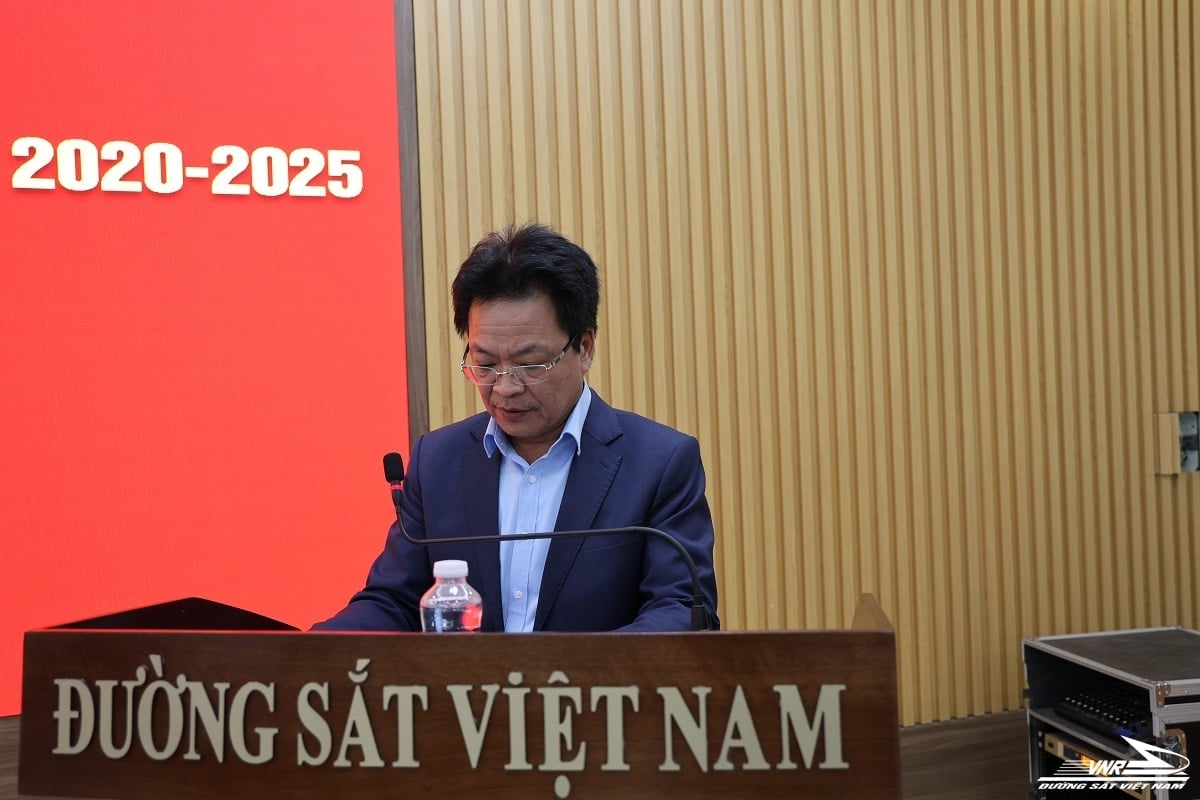
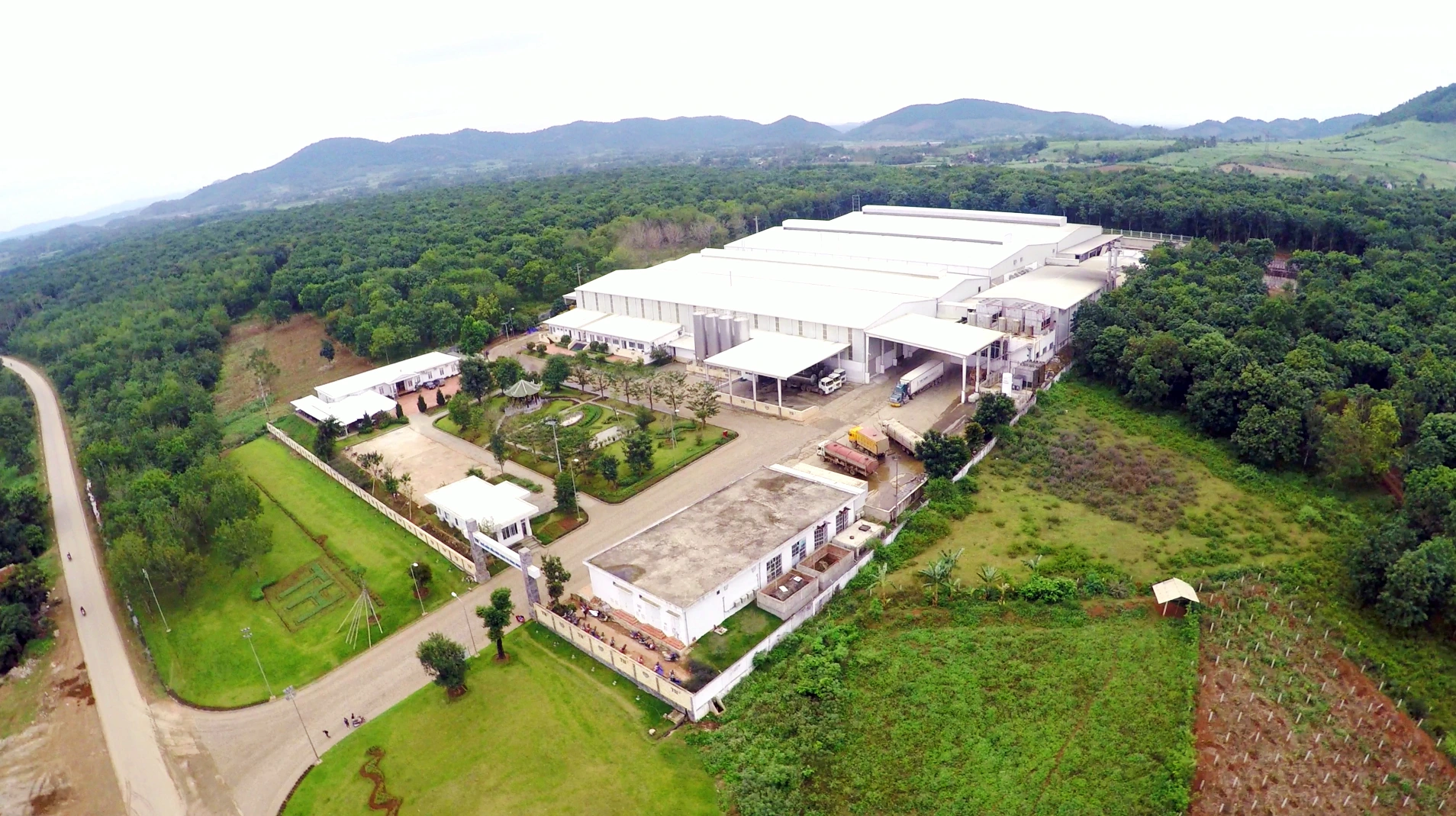


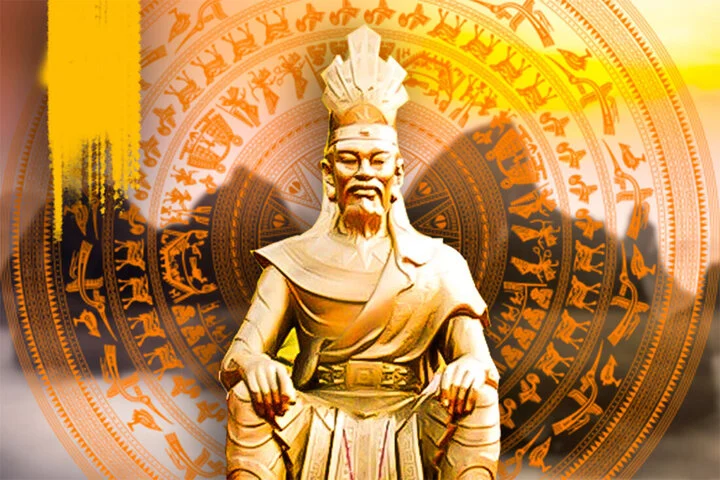

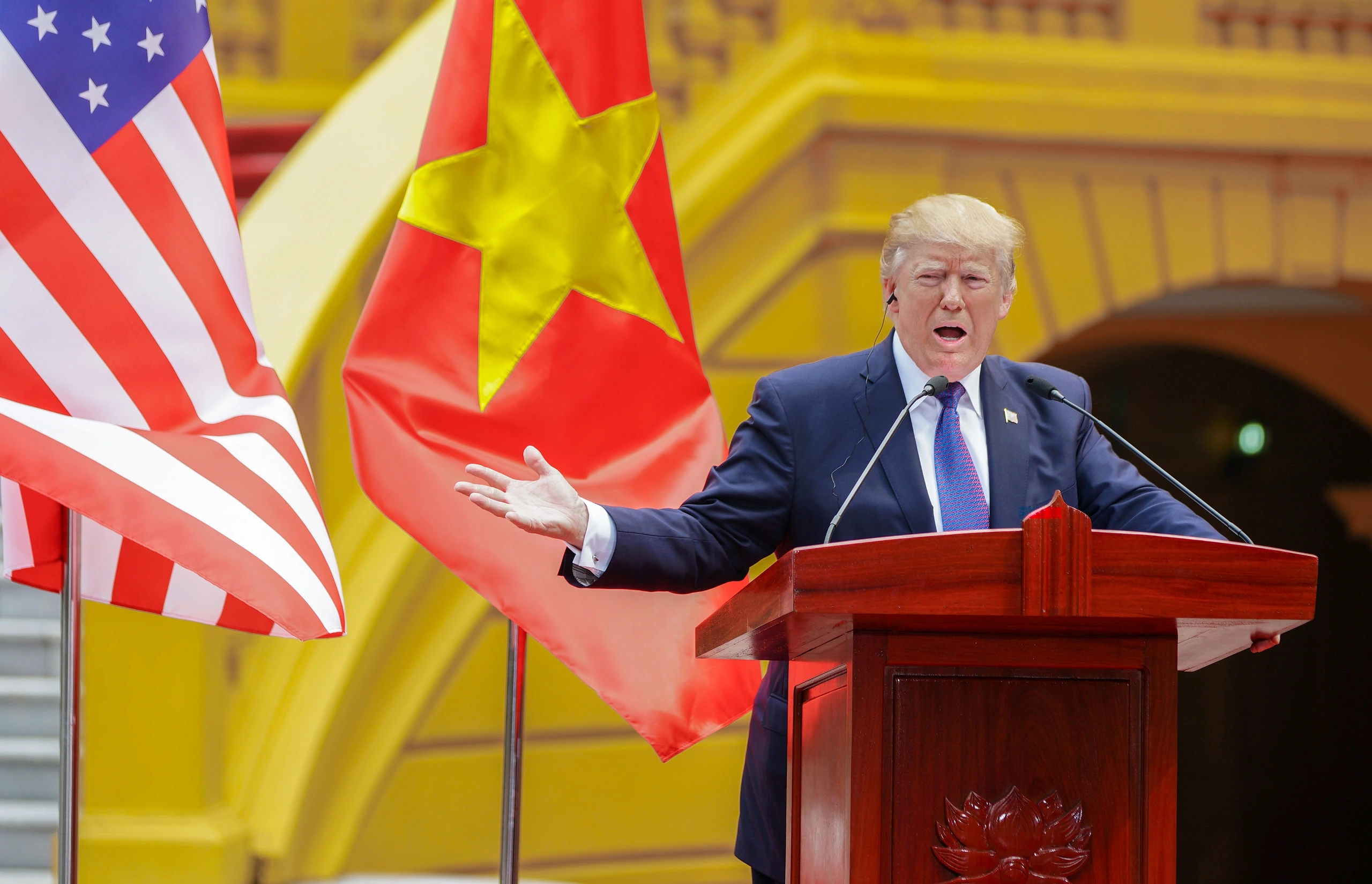
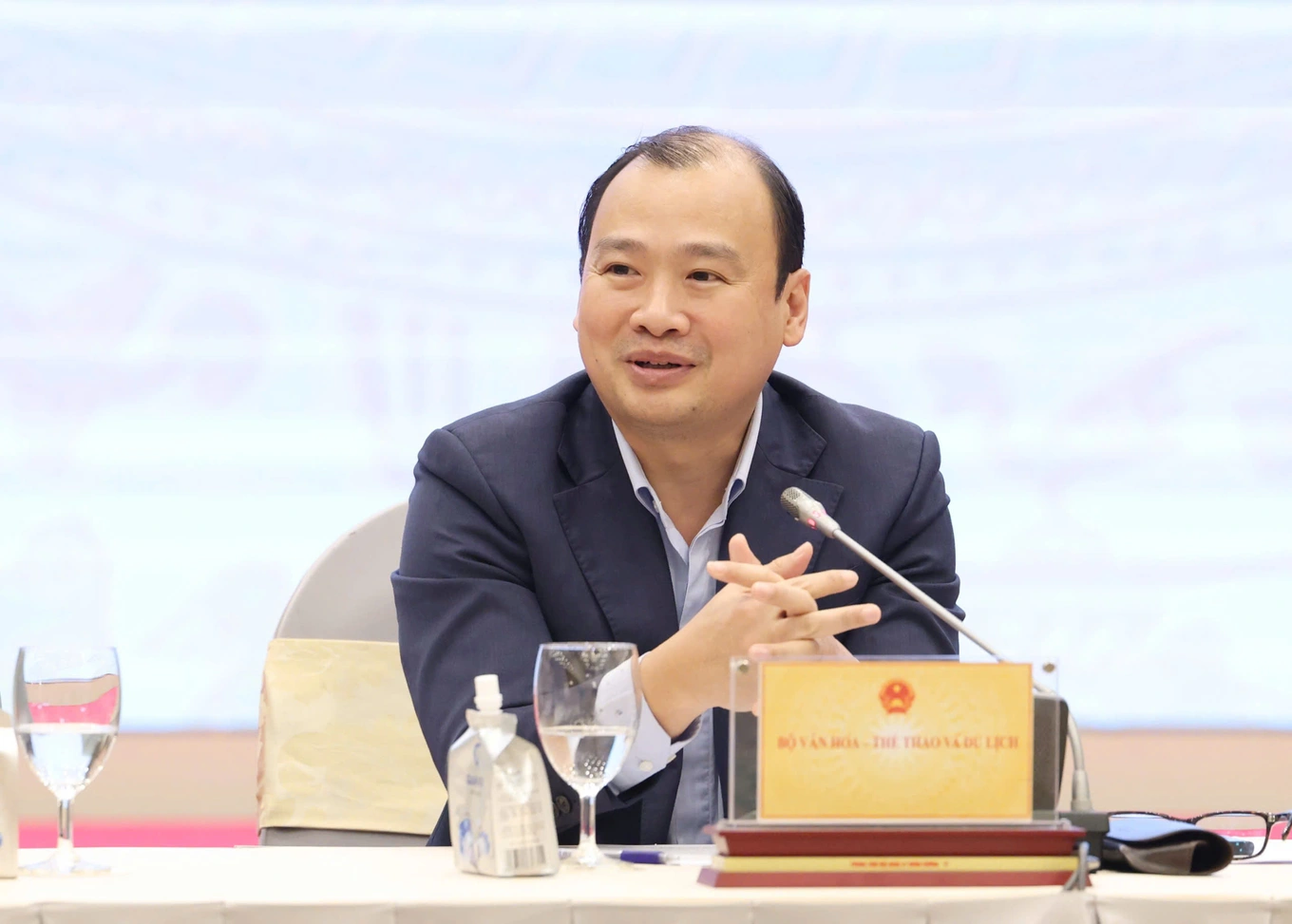
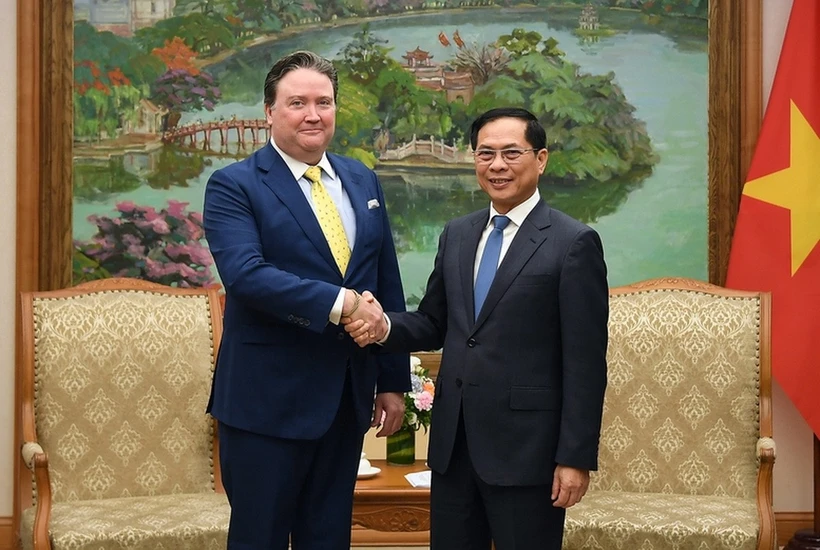












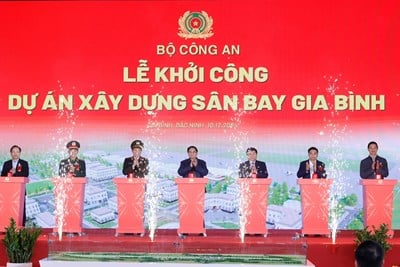
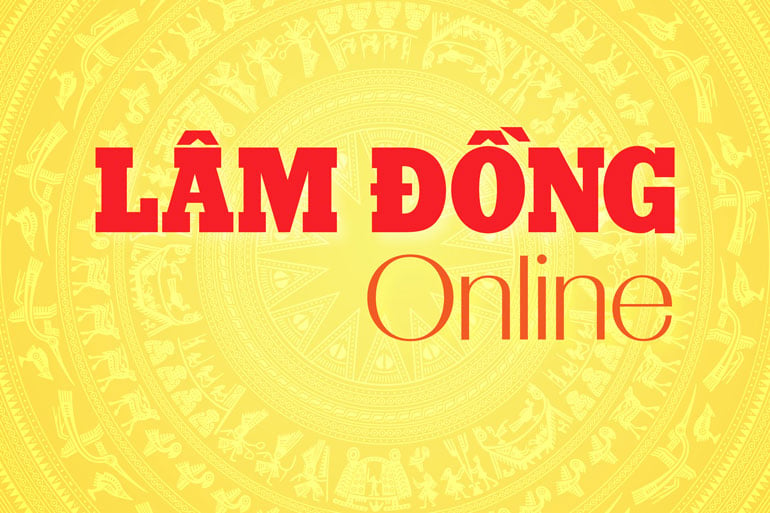
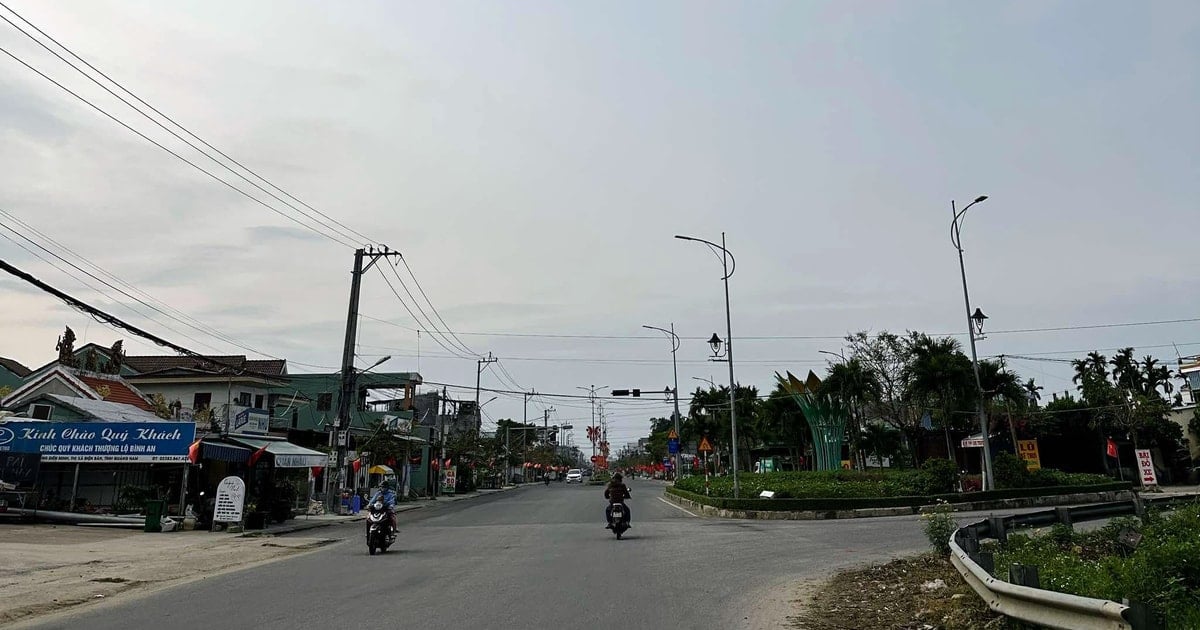
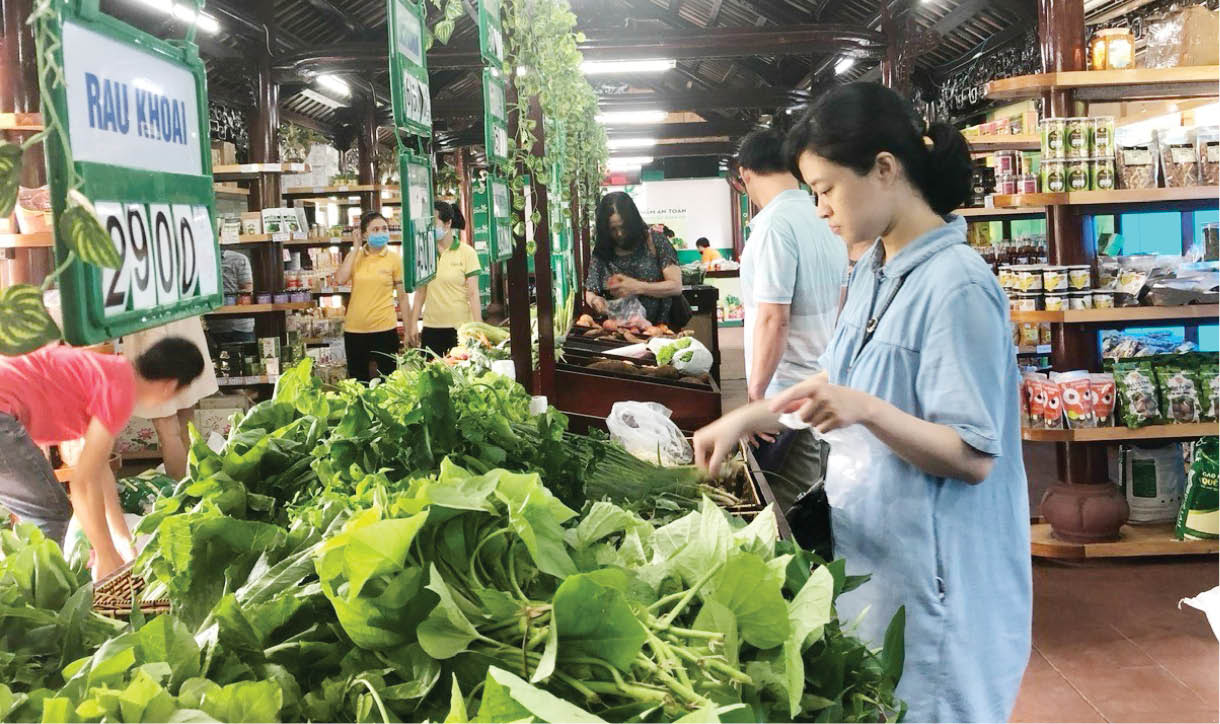

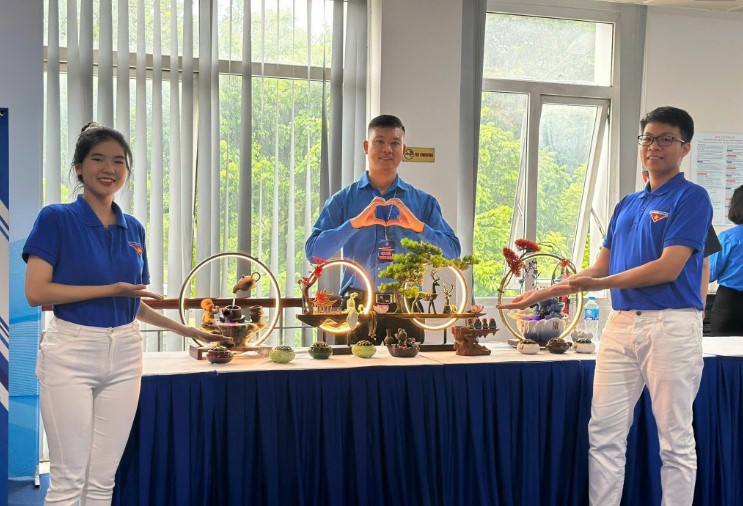
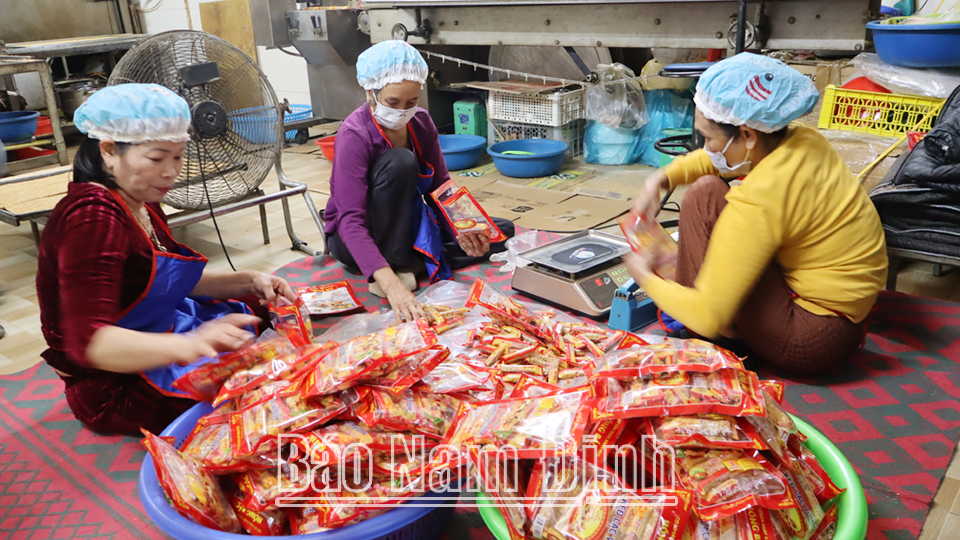

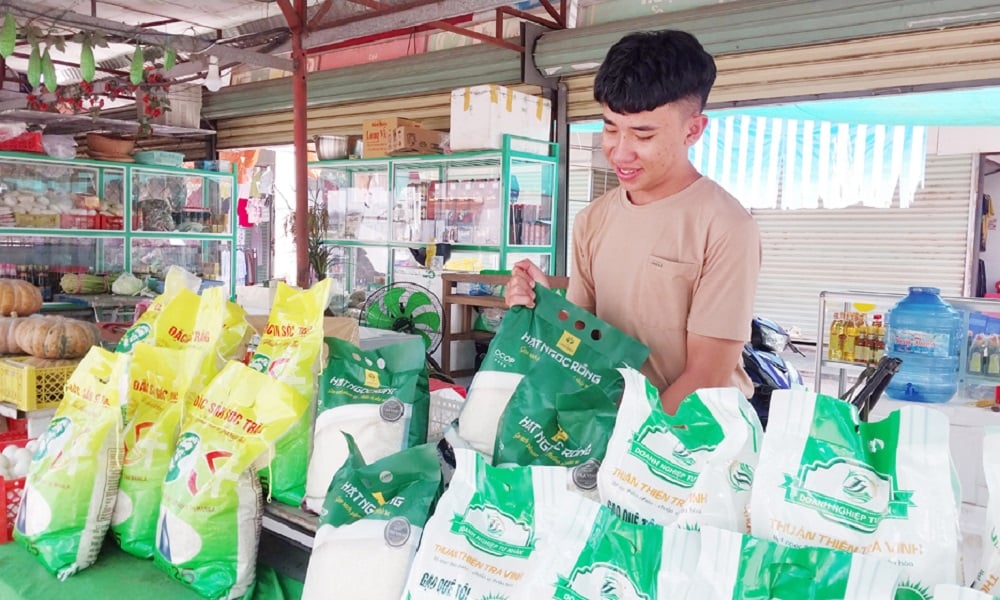
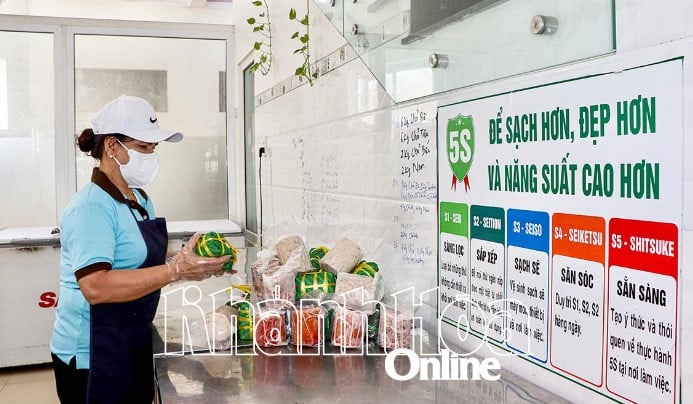

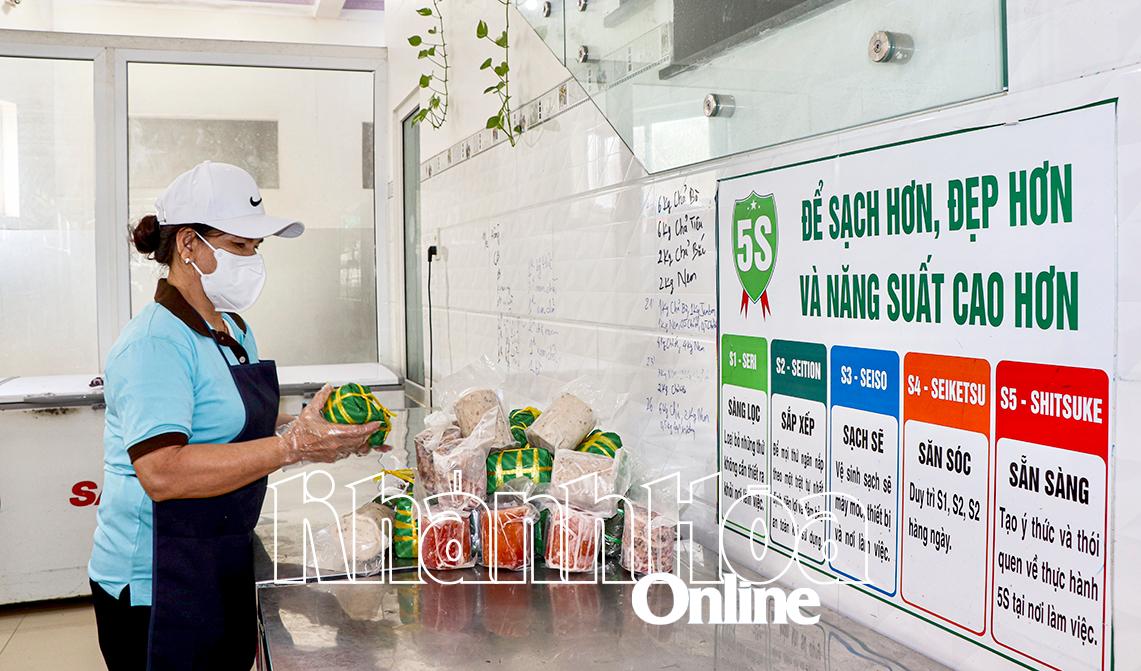
Comment (0)